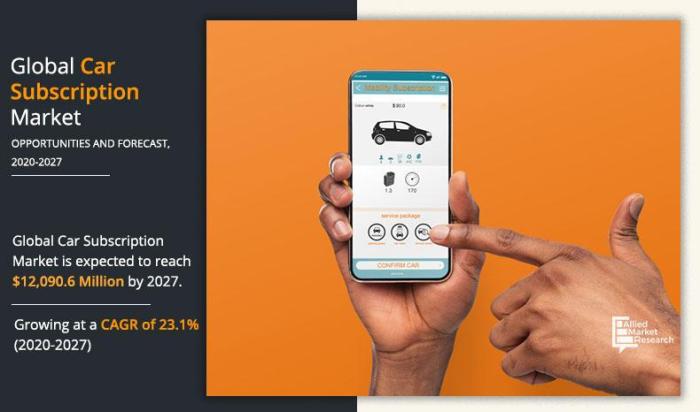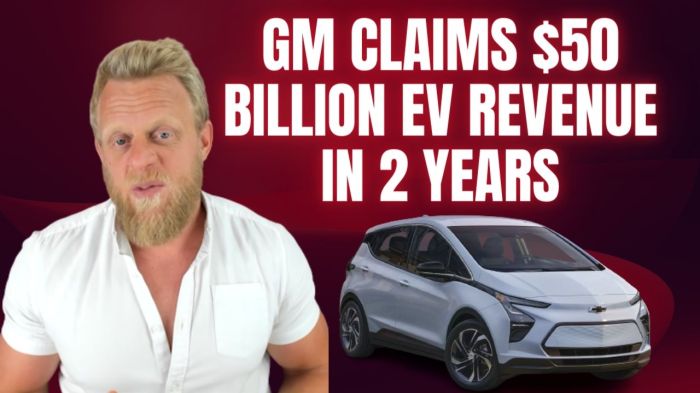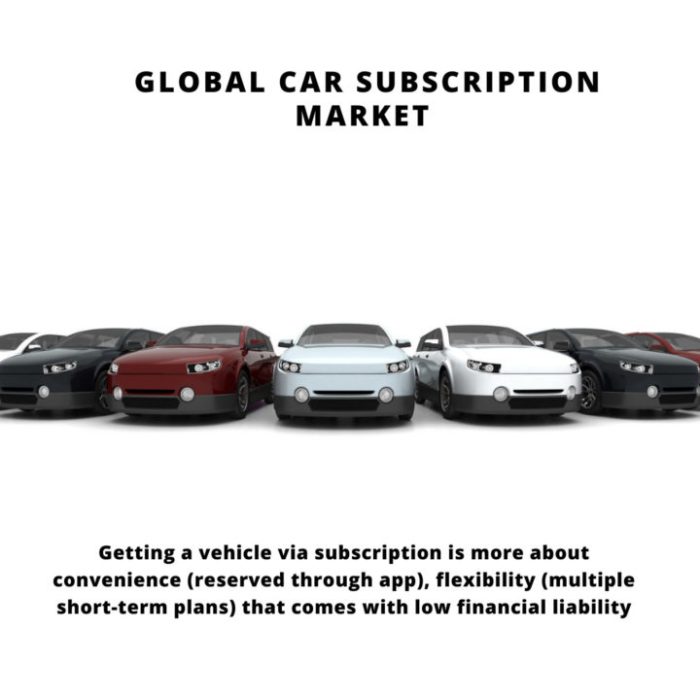The automotive landscape is undergoing a significant transformation, with car subscription services emerging as a compelling alternative to traditional car ownership. In 2025 and beyond, this trend shows no signs of slowing down. This comprehensive guide delves into the reasons behind the rising popularity of car subscription models, exploring the benefits for consumers and the implications for the automotive industry.
The Allure of Flexibility: Why Consumers Choose Subscriptions
The core appeal of car subscription services lies in their inherent flexibility. Unlike traditional car loans or leases, subscriptions offer a month-to-month commitment, allowing subscribers to adapt their transportation needs to their ever-changing lifestyles. This is particularly attractive to:
Millennials and Gen Z: Embracing the Subscription Economy
Younger generations, raised in the era of streaming services and on-demand everything, are naturally drawn to the convenience and flexibility of subscription models. They prioritize experiences over ownership and appreciate the ease of swapping vehicles based on their current needs, whether it’s a compact car for city driving or an SUV for weekend getaways. This aligns perfectly with the subscription model’s inherent adaptability.

Source: alliedmarketresearch.com
Short-Term Residents and Frequent Movers: Avoiding Long-Term Commitments
Individuals who frequently relocate, whether for work or personal reasons, find traditional car ownership cumbersome. The hassle of selling or transferring vehicle registrations is eliminated with a subscription, allowing for a seamless transition between locations. This is particularly beneficial for those living in metropolitan areas with high mobility rates.
Budget-Conscious Consumers: Managing Transportation Costs Effectively
Car subscriptions often bundle insurance, maintenance, and sometimes even roadside assistance into a single monthly fee. This predictable and all-inclusive pricing can be more manageable than the unpredictable costs associated with traditional car ownership, including unexpected repairs and fluctuating insurance premiums. This transparency in pricing is a major draw for budget-conscious consumers.
Beyond Flexibility: Other Key Advantages of Car Subscriptions
The appeal of car subscriptions extends beyond mere flexibility. Several other factors contribute to their increasing popularity:
Access to a Wider Range of Vehicles: Exploring Different Models
Subscription services typically offer a diverse fleet of vehicles, allowing subscribers to experiment with different makes, models, and features. This ability to “test drive” various vehicles before committing to a purchase is particularly attractive to those unsure about their long-term transportation needs. This contrasts sharply with the limited choice associated with traditional car buying.
Simplified Maintenance and Repairs: Hassle-Free Ownership
Most car subscription services include routine maintenance and repairs as part of the monthly fee. This eliminates the stress and expense associated with unexpected car problems, providing subscribers with peace of mind and a more predictable budget. This is a significant benefit, especially for those who lack the mechanical knowledge to handle car maintenance themselves.

Source: theelectricviking.com
Reduced Insurance Costs: Bundled Protection
While the bundled insurance is often included in the monthly subscription fee, it’s important to note that the insurance coverage may vary depending on the provider. It is crucial to carefully review the terms and conditions of the subscription agreement to understand the extent of insurance protection offered.
Environmental Considerations: Promoting Sustainable Transportation
Car subscriptions can indirectly contribute to more sustainable transportation practices. By offering access to a variety of vehicles, including electric and hybrid models, they can encourage consumers to explore greener options. This aligns with the growing global focus on reducing carbon emissions and promoting environmentally friendly transportation solutions. The increased utilization of shared vehicles also reduces the overall number of cars on the road.
The Future of Car Subscriptions: Growth and Innovation
The car subscription market is poised for significant growth in the coming years. Technological advancements, evolving consumer preferences, and the increasing integration of data analytics are shaping the future of this dynamic industry.
Technological Integration: Enhanced User Experience
Subscription services are leveraging technology to enhance the user experience. Mobile apps provide convenient access to account management, vehicle selection, and roadside assistance. Data analytics help optimize pricing and fleet management, leading to greater efficiency and improved customer satisfaction. The seamless integration of technology is crucial for the success of car subscription models in a digitally driven world.
Expanding Service Offerings: Catering to Diverse Needs
Car subscription services are expanding their offerings to cater to a broader range of customer needs. This includes options for shorter-term rentals, specialized vehicles for specific purposes (e.g., off-road vehicles), and even bundled services such as fuel cards or parking passes. This customization allows subscription providers to target niche markets and offer tailored solutions.
Frequently Asked Questions (FAQs)
- What is a car subscription? A car subscription is a service that allows you to drive a car for a monthly fee, typically including insurance and maintenance.
- How does it differ from leasing or buying a car? Unlike leasing or buying, subscriptions offer month-to-month flexibility, eliminating long-term commitments.
- What are the typical costs involved? Costs vary widely depending on the provider and the vehicle chosen, but typically include a monthly fee covering the car, insurance, and maintenance.
- What happens if I need to end my subscription early? Most providers have early termination fees, but the specific terms vary.
- What about insurance and maintenance? These are usually included in the monthly subscription fee.
- Can I choose any car I want? The selection of available vehicles varies depending on the provider, but generally, you have a range of options to choose from.
Conclusion
The rising popularity of car subscription models in 2025 is a testament to their adaptability and convenience. By offering flexibility, cost-effectiveness, and hassle-free ownership, these services are transforming the way people access and utilize vehicles. As technology continues to evolve and consumer preferences shift, the car subscription market is set for continued growth and innovation, presenting both opportunities and challenges for the automotive industry.

Source: mobilityforesights.com
References
While specific articles referencing 2025 predictions are limited, general information on the car subscription market can be found through reputable sources like:
- Statista (for market data and trends)
- Forbes (for industry analysis and news)
- Reuters (for financial news and market reports)
Call to Action
Explore the world of car subscriptions today! Visit a provider’s website to learn more about their offerings and find the perfect vehicle to fit your lifestyle and budget.
FAQ Corner
What are the typical costs associated with a car subscription?
Costs vary widely depending on the vehicle, subscription tier, and provider, but generally include a monthly fee encompassing insurance and maintenance.
Can I choose any car I want with a subscription?
No, subscription services typically offer a curated selection of vehicles within specific categories and price points.
What happens if I damage the car during my subscription?
Most providers have stipulations regarding damage, often with deductibles and potential additional fees depending on the severity.
How long are typical car subscription terms?
Terms vary, but monthly, quarterly, and annual options are commonly available.
Is a credit check required for a car subscription?
Yes, most providers conduct credit checks as part of the application process.
